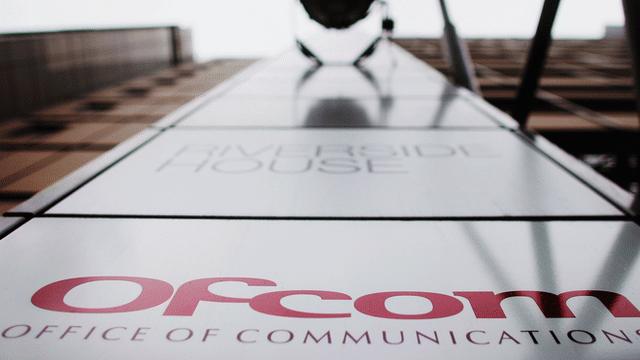Price hike for UK mobile spectrum
- Published

Operators are yet to respond to the increased fees
The amount the government charges mobile operators to use airwaves space - known as spectrum - has risen from £64.4m to £199.6m per year.
Although less than originally suggested by regulator Ofcom, the price hike is likely to infuriate operators who have previously warned higher spectrum fees could put up consumer prices.
Ofcom defended the rise, saying it reflected the value of the spectrum.
Mobile companies said they were considering their response.
Fees are paid annually by mobile network operators for the 900MHz and 1800MHz spectrum bands, used to provide voice and data services using a mix of 2G, 3G and 4G technologies.
Operators will now pay a combined annual total of £80.3m for the 900MHz and £119.3m for the 1800MHz band.
For Vodafone and O2, this will mean a tripling of spectrum costs - up from £15.6m a year to £49.8m. EE's charges will rise from £24.9m to £75m. Three will pay £25m, up from £8.3m.
In a statement Vodafone said: "We will be reviewing Ofcom's proposed spectrum fees over the coming days as they represent a significant increase when we are already investing around £1 billion on our network and services this year."
The new fees come into effect in two phases - one half of the increase will come into effect at the end of October this year, with the second half kicking in from October 2016.
Ofcom was asked by the government to revise licence fees back in 2010, but it did not begin a full consultation until after the 4G auction in 2013.
That auction provided £2.4bn for government coffers, less than the £3.5bn that it had hoped to raise.
Rural broadband

Ofcom has said that the rises are a fair reflection of market value
Philip Marnick, Ofcom's director of spectrum, said: "We have listened carefully to the arguments and evidence put forward by industry, and conducted a complex and comprehensive analysis to determine the new fees.
"The mobile industry has not previously had to pay market value for access to this spectrum, which is a valuable and finite resource, and the new fees reflect that value."
Kester Mann, an analyst at mobile research firm CCS Insight, said that it was a pill "the providers are going to have to swallow".
"In one of Europe's most competitive markets, they have no choice but to continue to make improvements to coverage and capacity and have little margin to adjust pricing to compensate," he said.
Meanwhile, Matthew Howett, an analyst at research firm Ovum, said it was a classic example of poor policy coordination.
"While it's necessary for the fees to reflect the true market value of the spectrum, the government could also think about what it's asking operators to do in terms of improving coverage in rural areas.
"Germany recently announced that money earned during a recent spectrum auction will be poured back into rural broadband initiatives.
"It's about time the UK government started thinking in a similarly joined up way."
- Published10 October 2013

- Published15 September 2015
